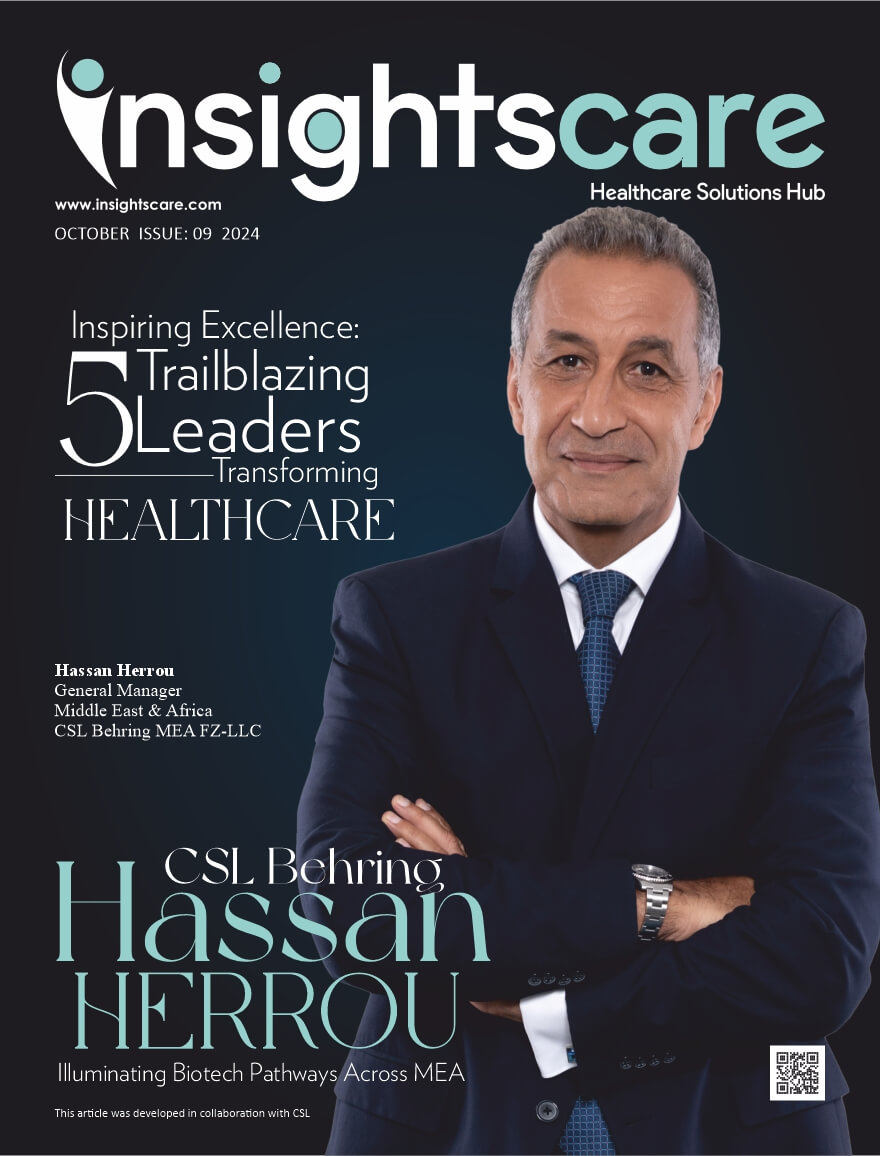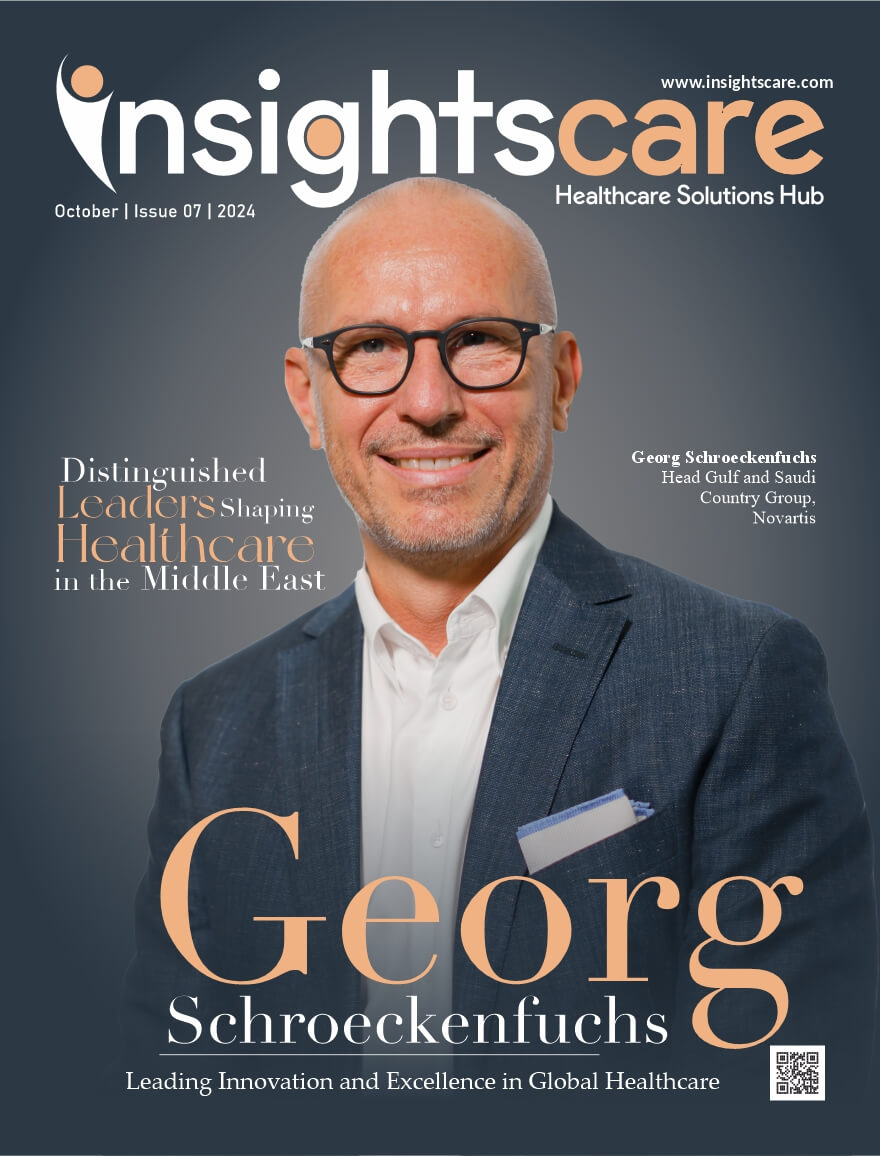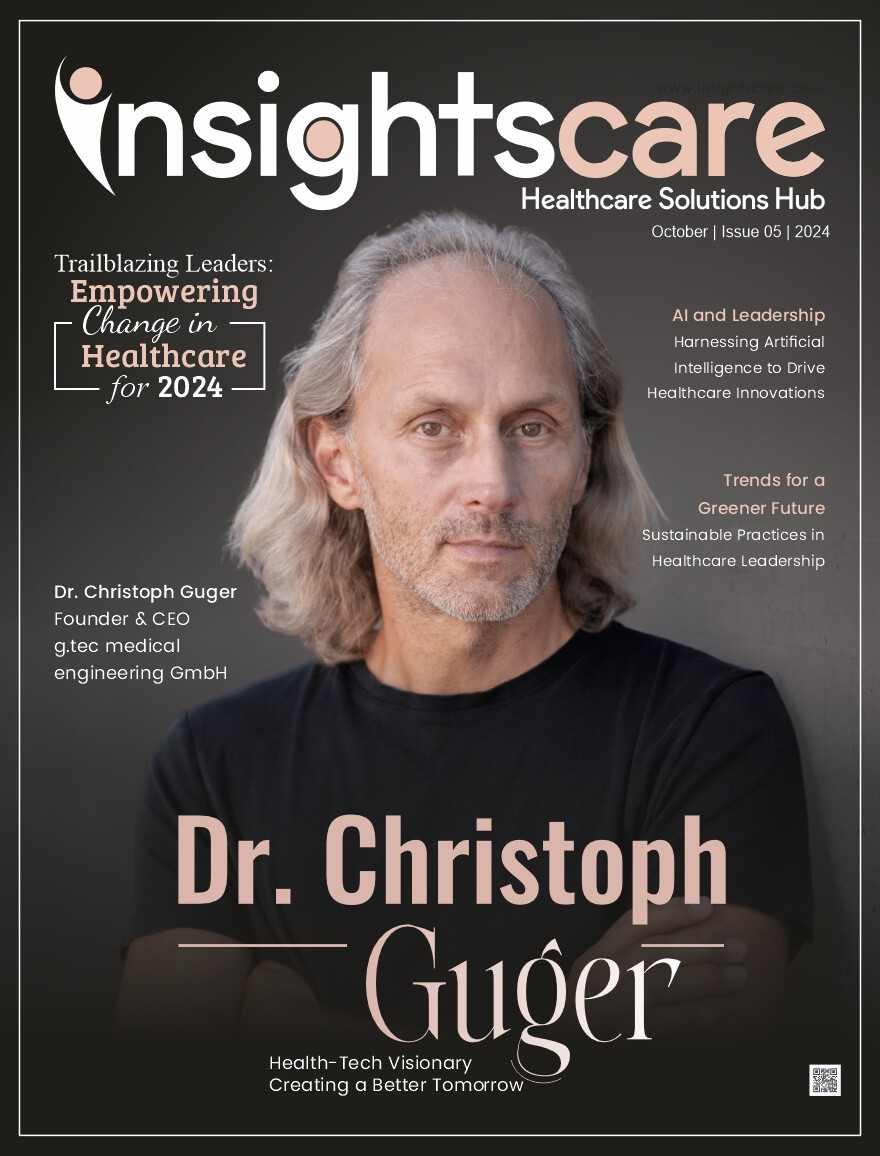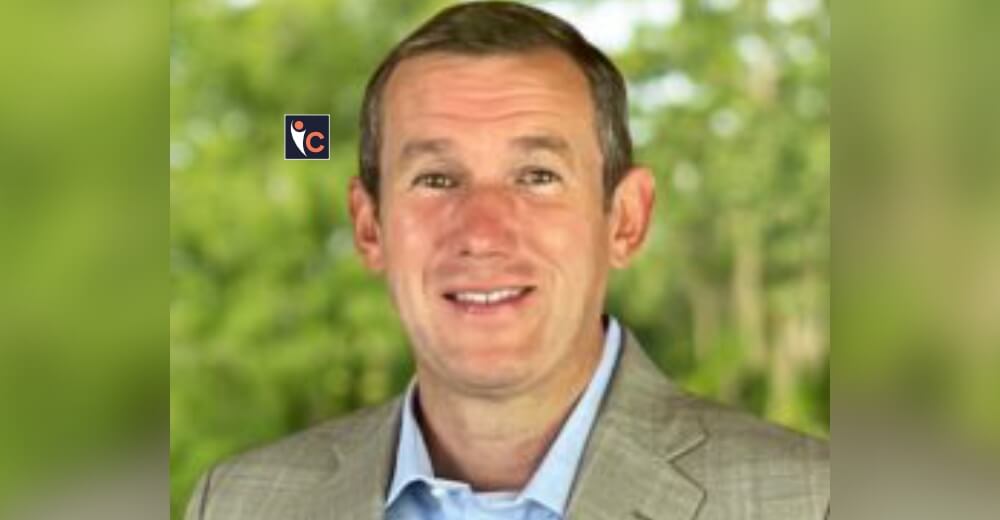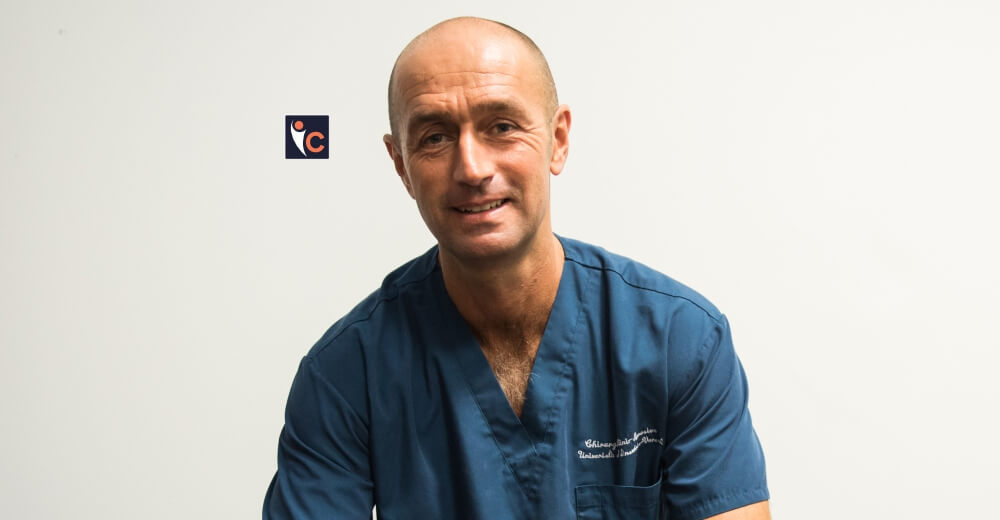Given the amount of change occurring in the healthcare sector, organizations are looking for strong leaders who can motivate teams to work together in new ways. Experts warn that this can be challenging since several departments, including human resources, medical staff services and others, may have different views on managing these subsequent changes.
The problem organizational leaders face is clear throughout. Due to the possibility that people may feel apprehensive about organizational change, leaders must provide a clear path towards the primary goal.
For everyone to understand the demands to work in new ways or attain different goals, ensure they are all aware of the leadership’s vision for the organization. One of the best ways to do this is to take the time to learn about each other’s perspectives and strong points through evaluations or mediated roundtables. This makes it possible for individuals to refrain from casting judgment and instead pay attention without interjecting, despite the fact that it is a very private and exposed experience.
Tracy Doughty, President and Chief Operating Officer at Huntsville Hospital in Huntsville Ala, has a wealth of expertise in healthcare leadership. He is primarily responsible for overseeing operations at the Huntsville Hospital downtown campus. Along with a number of other clinical and managerial positions at the hospital, Tracy has also held the positions of Vice President of Emergency & Trauma Services and the Hospital’s Physician Network.
He started working for Huntsville Hospital as a surgical/trauma nurse in 1998. He has had positions as a planning analyst in administration and a recruiter in human resources, among other things.
Tracy spent six years as a commissioned officer in the U.S. Army Reserves in addition to his duties at the hospital. As a member of the boards of the Calhoun College Foundation, the Community Free Clinic, the HEALS Clinic, the Committee of 100 and the Huntsville Housing Authority Advisory Board, he is also involved in a number of local and regional organizations. He has completed both Initiative to Leadership Alabama and Leadership Huntsville/Madison County.
Tracy earned a bachelor’s degree in nursing from the University of Alabama in 1997 before getting two master’s degrees in health systems and health administration. Tracy is married to Lakesha Ivy-Doughty and they have two children, Ty and Skylar.
Below are highlights of the interview that emphasize Tracy Doughty’s exceptional leadership experience and how he is working to bring improvement to healthcare operations:
Brief us about yourself and shed some light on your journey as the COO at Huntsville Hospital. What about the hospital inspires you to serve the healthcare industry?
Healthcare leadership has afforded me opportunities that I could not even imagine growing up. I went from bedside staff nurse to president and COO of the hospital in a span of 15 years. I started my healthcare career by obtaining my Bachelor of Science in Nursing. There have been two graduate degrees and several progressive leadership roles along the way.
I grew up in a large family and understand first-hand what it means to “go without.” This organization inspires me because it works tirelessly to provide the best possible care to those we serve, regardless of their ability to pay. We have great staff members who are dedicated to our mission and a management team that leads with patient care as their number one priority.
Can you elaborate upon the core values, vision and mission based on which your services are aligned with Huntsville Hospital?
Huntsville Hospital is an 881-bed hospital that serves as the regional referral center for North Alabama and southern Tennessee. Huntsville Hospital is governed by the Health Care Authority of the City of Huntsville and is the secondlargest hospital in Alabama. In recent years, the hospital has expanded its services throughout the region by developing the Huntsville Hospital Health System, which includes hospitals in Huntsville, Fayetteville, Tenn, Madison, Athens, Decatur, Boaz, Guntersville, Moulton, Red Bay, Sheffield, and Scottsboro, Ala. The health system includes more than 2,300 patient beds and 18,000 employees.
Our mission is focused on improving the health of the people we serve. The hospital’s vision is always to be the first choice for healthcare services as well as for employment.
The values of our hospital reflect who we are and how we conduct our business: with safety, compassion, integrity, excellence, innovation, accountability, diversity, equity, and inclusion.
What areas in your opinion, does the health system struggles with when it comes to operational matters?
Every hospital administrator in America is challenged by staffing, safety/quality and cost control. How we respond to these challenges will determine our success and sustainability.
In what way do you consider Huntsville Hospital’s technological advances to be a pathway in conducting care and treatment services effectively?
We are committed to staying up to date with technology. This includes advanced CT and MRI, telemedicine, imaging artificial intelligence and robotic surgery. Our medical staff is comprised of specialists who are trained with the latest equipment, and Huntsville is a high-tech city. Our patients choose us because of these factors.
What role does compassion play in caring for patients in need? In what ways do you ensure that the hospital delivers it?
Caring for patients is what we do, but we must provide that care with compassion. Without it, we fail to connect with the people we are serving. Our hospital is intentional in training and ensuring that we deliver the quality care that our patients deserve and in the manner that they expect it. The process of choosing the “right” team members starts in the interview process and is reinforced throughout their career at HH.
What endeavors are you currently pursuing to improve the hospital’s service measures for healthcare clients?
Improving the patient experience is engrained in our mission and a reflection of our dedication to caring for all of our patients. We have several teams that track, train, monitor and make recommendations to improve our service measures. This includes rounding to influence, training classes for all new employees, periodic refresher courses, rounds on patients throughout the continuum of care, focused efforts on areas that need rapid turn-around and ensuring we recognize departments and units that are excelling.
What are some of the challenges you face when conducting projects and how do you turn them into opportunities for growth?
The financial challenge is certainly the most significant barrier for any new endeavor. The staffing that may be required for a new program is equally critical today. These challenges are always turned into opportunities for growth because they allow me to be creative and explore different skill mixes to get the work done, explore partnerships, think about converting new and different locations, or ask myself: would this be better if the organization had a partner.
Share with us some of your strategies that have helped you in your position as a leader. How do you keep up with specific responsibilities at the hospital?
Engaging and involving staff in decision making helps build buy-in. When staff is informed and motivated, they help you get things done that otherwise would have been almost impossible. Rounding on the floors and departments has always been one of my leadership tactics. It gives me a chance to see the work being done at the patient and production levels.
Keeping up with my specific responsibilities at the hospital is challenging at times. There are many different projects and tasks going on simultaneously. I live by my calendar and use task lists all the time.
What advice would you like to give to the budding entrepreneurs and enthusiasts who desire to venture into the healthcare sector?
Don’t be afraid to fail. Failure is when we learn our best lessons. Give it time.
Surround yourself with good people and listen to them. Healthcare is a heart business. It’s too hard if you don’t have the heart for it.
How do you envision scaling your services and operations in 2023 and beyond?
Our community and region are growing rapidly, so we must keep up with the expanding need for services. Recruiting and retention is priority one. At the same time, we have to redefine the roles of our care team so that we help our staff function at their highest skill level.
What are some of the testimonials or recognitions that accurately highlight your position in the market?
- Named the No. 2 hospital in Alabama and the top hospital in the North Alabama region by U.S. News and World Report in 2022 and also had nine clinical areas honored as high performing by the publication.
- Named a Forbes “Best in State” employer in 2022.
Next Story: https://insightscare.com/michele-korfin-patients-are-the-priority/

